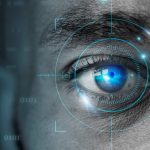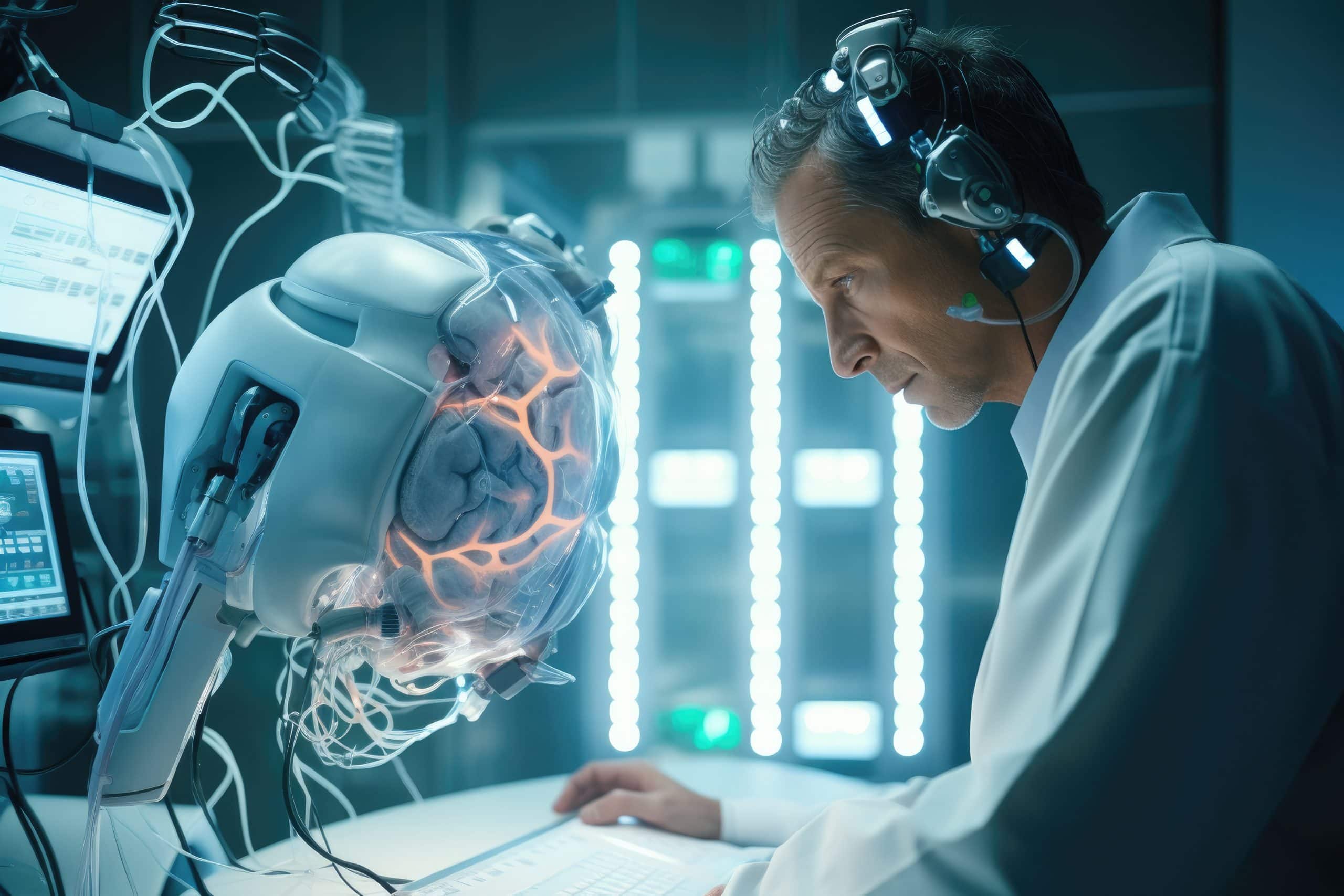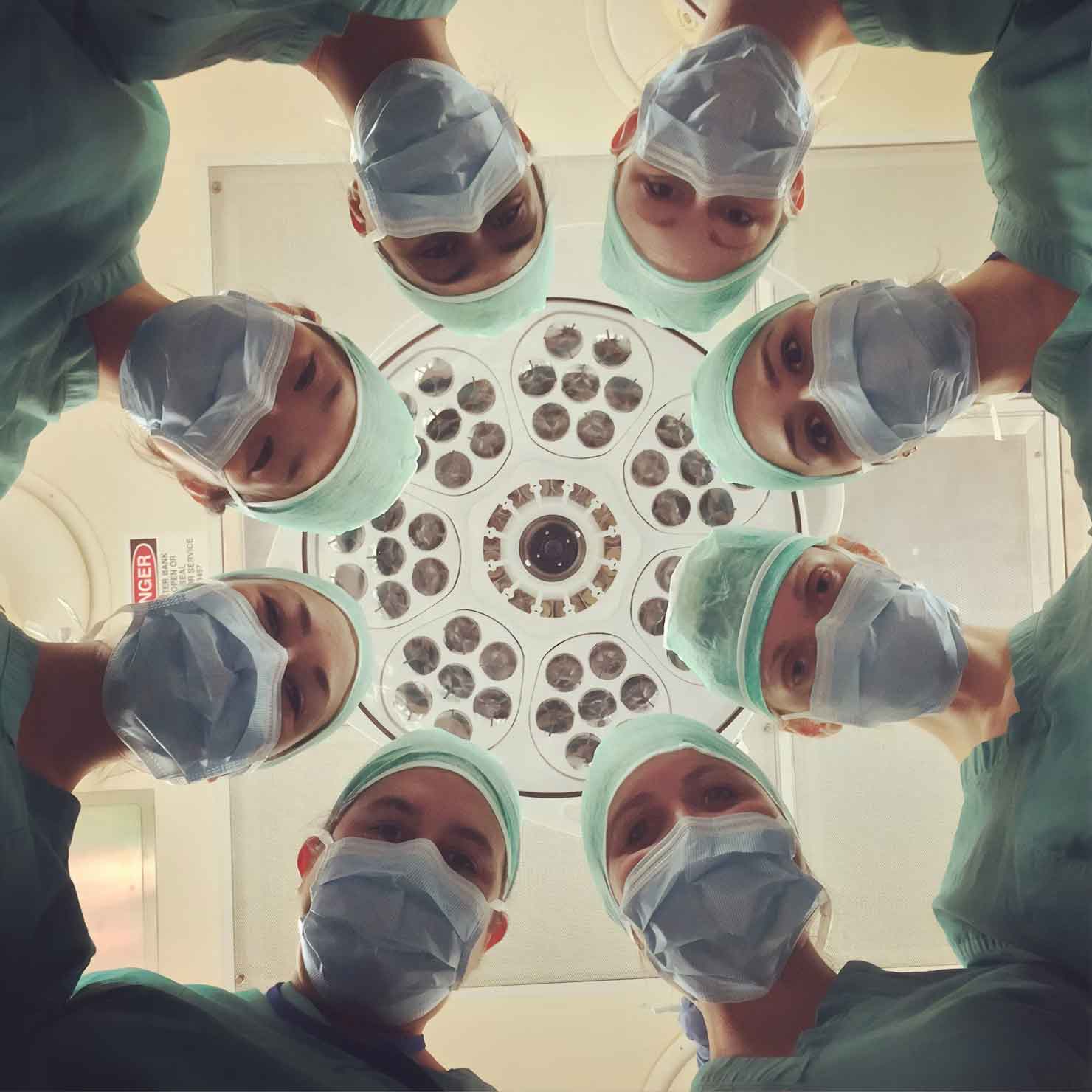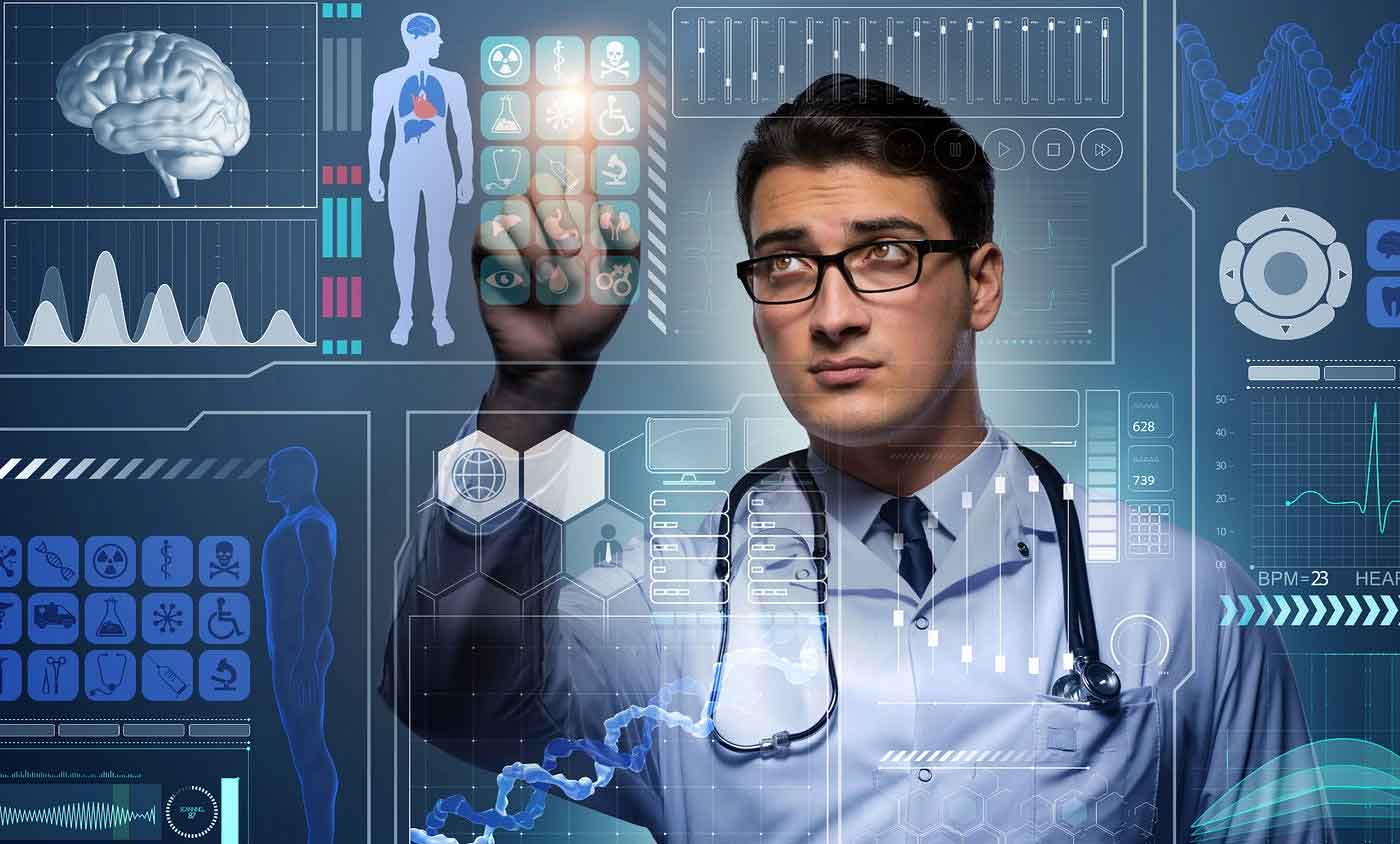An estimated 9.74 million people across the globe lost their lives to cancer in 2022 — and unless a revolutionary breakthrough is made, the World Health Organization expects this figure to rise to 16.9 million by 2044. AI Healthcare Technology in Cancer ranking fast.
Could artificial intelligence be the revolution in cancer diagnosis and treatment we’ve all been waiting for? It turns out AI in healthcare is already hard at work, and this tool is good for so much more than plagiarizing essays or making memes.
Where Are We At with AI in Cancer Diagnosis?
Catching cancer in its earliest stages is one of the most important advances we could make. Early cancer diagnosis means timely treatment and a better prognosis, and it’s not difficult to see how a predictive AI model that never gets tired, and can work around the clock, could move humanity into a new age.
The most exciting thing? The future is now. AI systems that can detect breast, prostate, brain, and lung cancer more accurately and earlier than human oncologists already exist. Predictive artificial intelligence systems in healthcare can accurately and quickly analyze CT scans, X-rays, and MRIs, as well as parsing the results of liquid biopsy samples and integrating data from different sources.
When the results are in, AI systems can help human clinicians by recommending treatment protocols. While most people are playing with AI-generated poems, AI in healthcare is already quietly working behind the scenes to save lives and change the future.
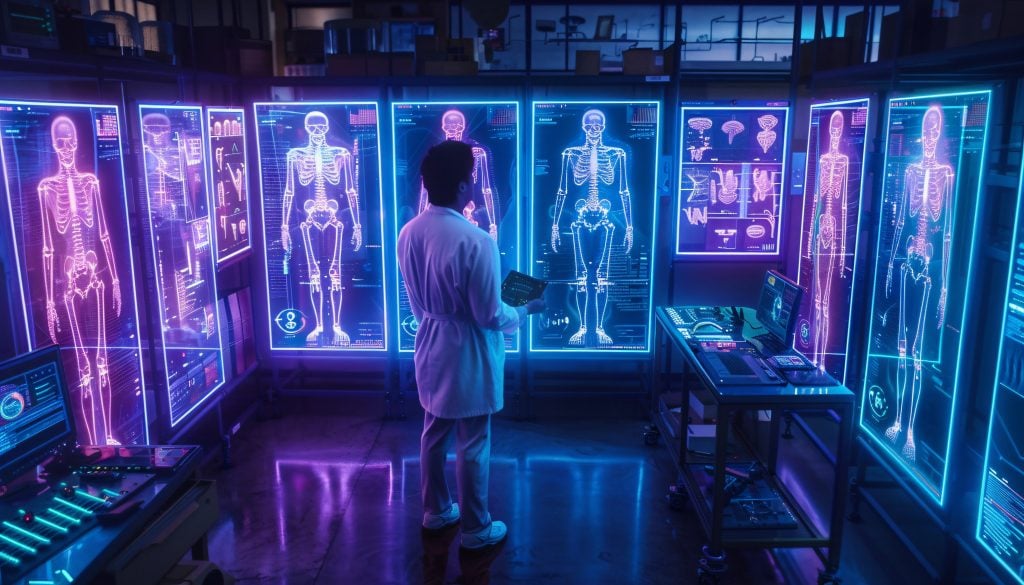
How AI Is Driving Cancer Research and Treatment
We have no shortage of data that could drive future cancer research — but time has always been the enemy. Emerging AI technologies are changing all that. AI can work around the clock to parse and integrate data sets, speeding up pharmaceutical research, predicting how effective certain anti-cancer drugs will be (including for particular patients!), and designing clinical trials.
Perhaps the most exciting direction is the potential for personalized medicine. Personalized treatment has been the holy grail in cancer treatment for some time, and AI in healthcare makes it possible. These targeted, AI-driven cancer treatments, based on a patient’s unique medical history and genome could, in future, do more than save lives. They could also minimize side effects and give cancer patients a better quality of life.
AI is already being used to predict which patients are most likely to respond well to novel treatments, but this new healthcare technology can even go a step further by using advanced algorithms to identify who has the highest risk of developing cancer.
What’s Holding Us Back?
Artificial intelligence is everywhere these days, and it’s here to stay — including in healthcare. It’s advancing significantly faster than any regulatory frameworks to govern its responsible use, however, and that’s one of the main challenges related to AI in cancer care.
Other major obstacles include the fact that cancer data is often fragmented rather than readily available in one place. To make accurate conclusions and predictions, machine learning models have to have access to truly vast amounts of data — and scientists working with AI models in health research have to develop reliable ways to remove potential bias from the training.
Are these limitations holding us back? Not really, or rather perhaps not yet. Artificial intelligence in cancer research is an emerging field, and it’s moving at a significant fraction of the speed of light. As we catch up, develop detailed frameworks, and augment current data sets, the technology is already having an impact on patient care and treatment.
A Final Word – AI Healthcare Technology in Cancer
As artificial intelligence has slowly crept into daily life over the last few years, the most profound impacts can be seen in areas where most people don’t bother to look — especially in medicine. The quest for improved screening efficacy, earlier diagnosis, and personalized cancer treatment, including through immune therapy, started before AI became widespread in healthcare. With its rise, those goals are more attainable than ever before.
AI in cancer research is also having another valuable knock-on effect — with AI, data sharing in real time and pooling resources becomes easier. Whether the next big discovery in cancer diagnosis, prevention, and treatment will be made by an AI model or a human scientists, you can bet that artificial intelligence will play a role in it.



